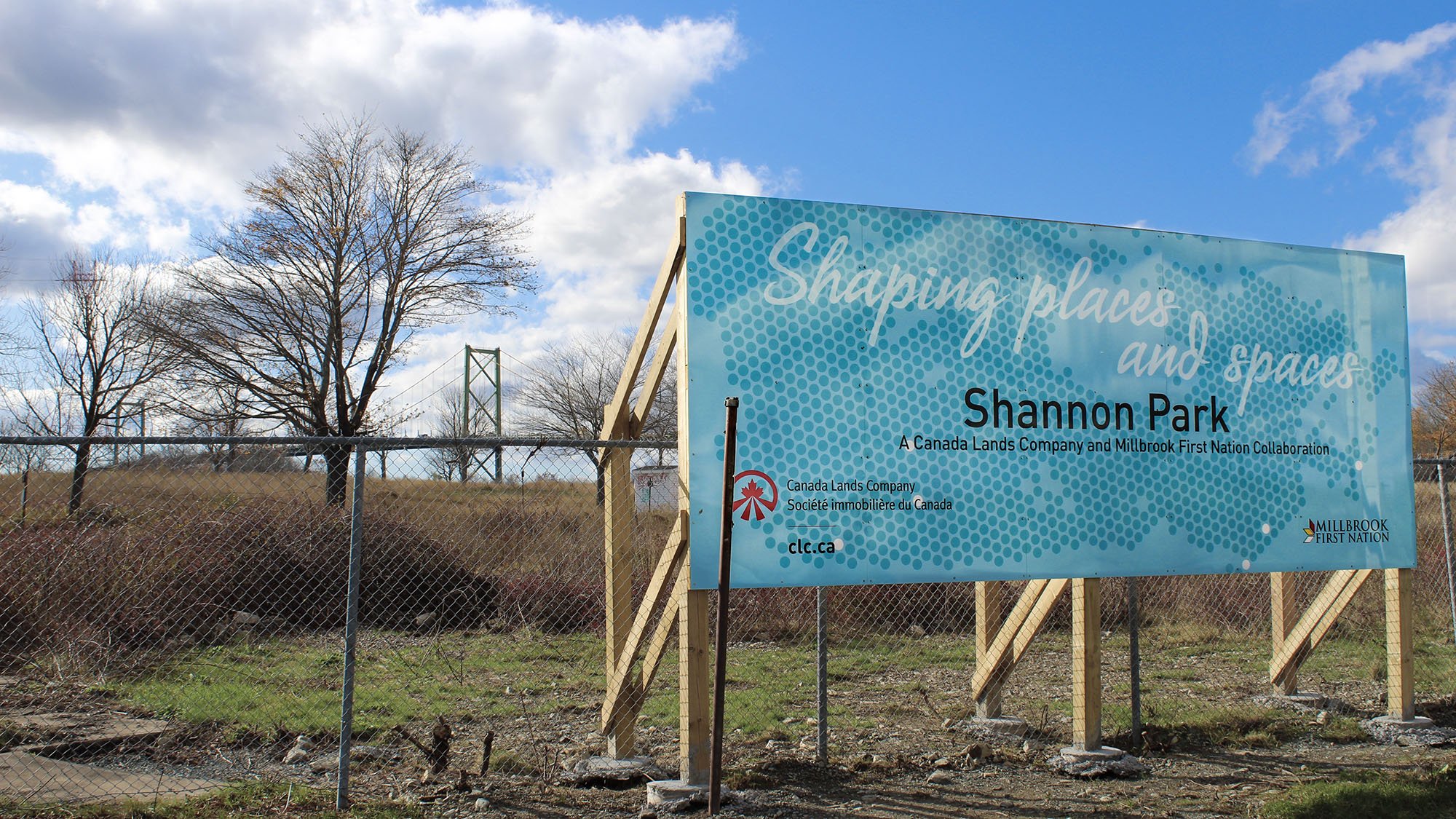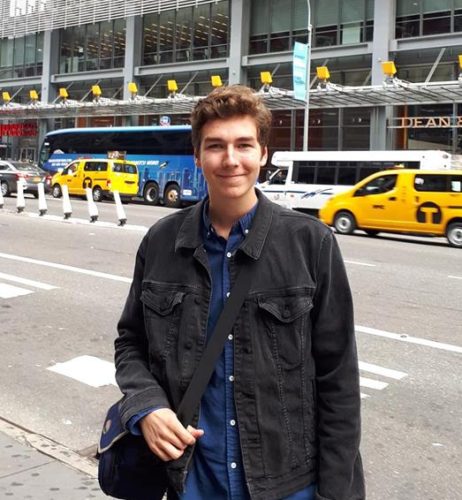Using taxpayer money for a stadium is a bad idea, sports economist says
Schooners group wants the city to fund most or all of the construction

caption
Schooners Sports and Entertainment proposed to build a CFL stadium in Shannon Park, Dartmouth.An economics expert says he doesn’t think taxpayers will get anything in return if they help fund the proposed Shannon Park stadium.
Moshe Lander, an economics professor at Concordia University in Montreal, said using taxpayer money to fund stadiums is a model that hasn’t worked well in other Canadian cities.
“Almost every academic study that has been done on stadiums and their economic impact on the surrounding area has shown that there is almost no net economic benefit,” he said.
The latest CFL stadium proposal for Halifax from Schooners Sports Entertainment was made public in September. It suggested five financing options for the city, to help it come up with the money for the stadium. Schooners promises economic and community benefit for the city. Related stories
What could go wrong?
Nine Canadian cities have CFL stadiums: Toronto, Vancouver, Edmonton, Calgary, Regina, Montreal, Ottawa, Hamilton and Winnipeg.
Winnipeg’s IG Field stadium was hit with controversy during and following its construction period, according to media reports at the time. In its original 2009 proposal, the estimated cost was $115 million. By 2010, it jumped to $160 million. The proposals estimated an opening in early 2012, but it was delayed until mid-2013, at a final cost of $210 million.
A 2017 report from a Manitoba auditor general estimated that, at the time, the price tag was exceeding $270 million including interest. Five years after construction, the final public portion of the funding was still unknown.
Todd MacKay, Prairie director of the Canadian Taxpayers Federation, says there is a reason why businesses want taxpayers to pay for their projects: to reduce their own risk. If a project is a good idea, he said, “it would have a solid business plan to stand on — without taxpayers being on the hook.”
In Winnipeg, MacKay said, the original plan was that taxpayers would not have to pay a lot of money for the stadium. In the end, the Manitoba government had to write off $200 million in loans.
“That’s an awful lot of money, especially considering that the Manitoba government has a deficit right now,” he said. “That’s $200 million that could have gone to teachers and nurses … that could have reduced taxes.”
Nova Scotia, MacKay said, could be in a similar position, and it has the highest tax in the country.
In Lander’s opinion, using taxpayer money on a provincial level for things like health care or infrastructure is different. He said when it’s used on public services, everybody is receiving a proportionate share of that investment, but not everyone in the province will benefit from having a stadium.
“Government money is a bad idea at any level,” said Lander.
The Signal attempted to contact Schooners Sport and Entertainment through its website, Facebook and Twitter accounts, and founder Bruce Bowser’s LinkedIn. There was no response.
More questions than answers
Mayor Mike Savage sees the benefits of having a stadium. He said it would bring people to Halifax, create excitement, and “add vibrancy” to the community. Savage sees the stadium as an opportunity to establish Halifax among the top cities in Canada.
“Most cities our size have a larger stadium; we don’t,” he said. “It’s not to say that we have to have it, but it’d be a nice thing, if the risk and price tag is reasonable.”

caption
Proposed design for Schooners stadium.He isn’t completely sold. Savage said “there’s a lot of questions that need to be answered” about the current Schooners proposal, and he’s still unsure about what the potential risks are for the municipality.
One of the city’s councillors is adamantly opposed to the proposal.
Last month, Coun. Sam Austin introduced a motion to kill the stadium discussion. While it was unsuccessful, eight other councillors sided with him. The rest said they needed more information.
Austin said he’s against the stadium because the proposal has the city taking on a disproportionate amount of risk for the project.
“We were pitched a private sector-led project,” said Austin. “What we got back is a major public ask.”
He believes the risk here is “sizeable” because pro-football is untested in Halifax: “If the team folds, nobody will pay back ticket revenue.”
Lander, who specializes in sports economy, believes Haligonians could support a CFL team because its university-level teams have been successful. But he agreed with Austin in that it would be dependent on how good the team is.
“If the team is extremely bad, Haligonians will not get behind it,” he said.
Worst case scenario, he said, is the stadium stays empty.
“What if in two years, it turns out Halifax doesn’t really support CFL football?” he said. “Schooners decides, ‘We’re done. Thanks, but no thanks.’ Now, the city has a stadium they are responsible for — and no tenant.”
Lander also raised concerns about transportation to and from the stadium in its current proposed location of Shannon Park. It would have only 361 parking spots available for its proposed 24,000 capacity, and as of now, only one bus route runs by the location.
While Savage said he doesn’t want an “asphalt jungle,” finding the budget for revamping public transit to Shannon Park might be a challenge.
Lander dislikes the location in general. He said if Schooners continues to push for the Shannon Park location, there is a higher chance that this could go badly.
“People will not give up their Saturday afternoon to go to that location,” he said. “The only way to save that is that the team has to be good.”
The future of the stadium is still up for discussion. Following an anticipated staff analysis on financing, transportation and potential risk, council is set to reach a decision on the Schooners’ proposal in December.
About the author

Karla Renic
Karla Renic is a multimedia journalist in her fourth year at the University of King's College. She freelances and works as the news editor at...

Jakob Postlewaite
Jakob Postlewaite is a fourth-year journalism student at the University of King's College. He has worked as a columnist and reporter for the...